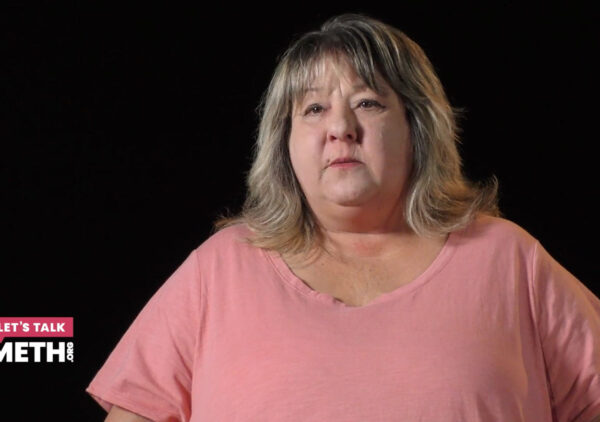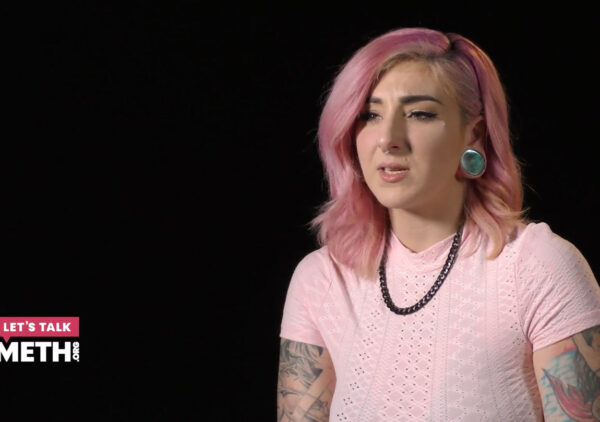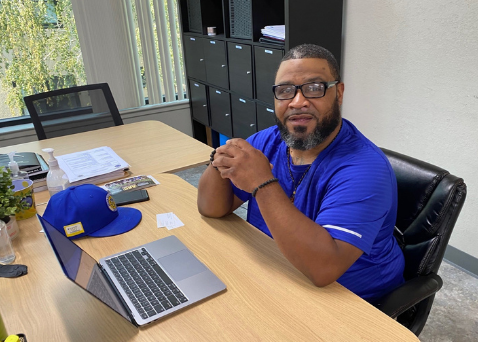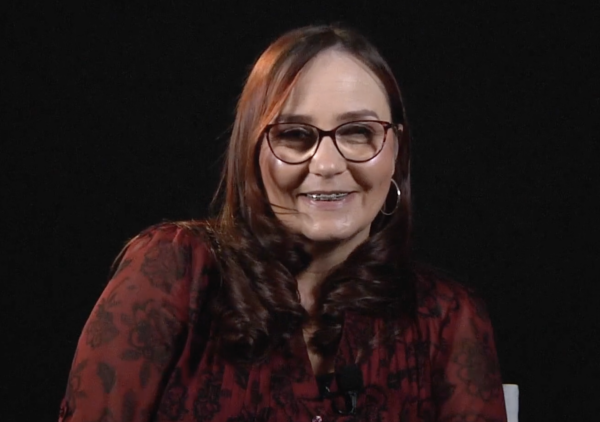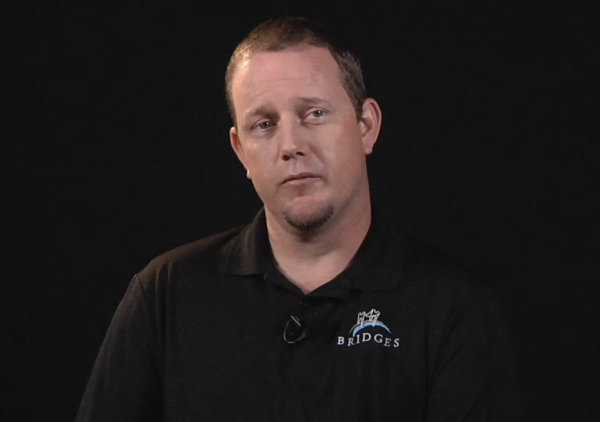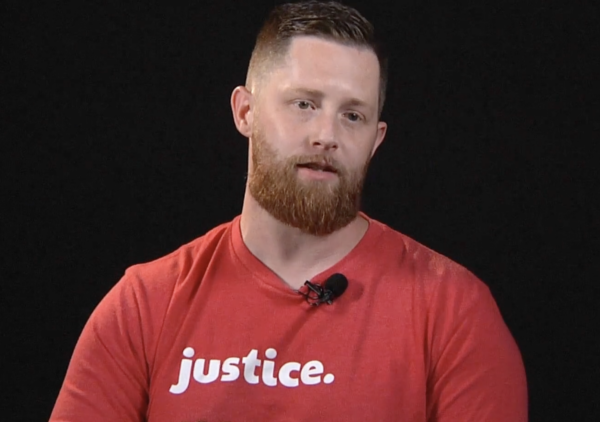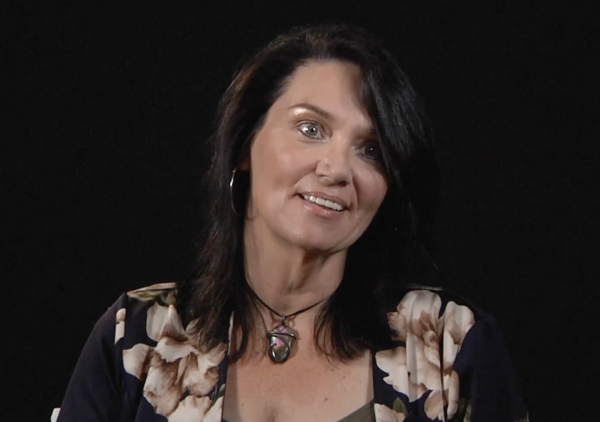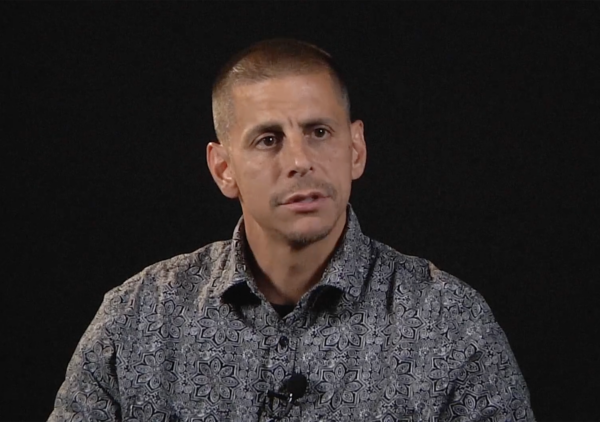Carlos Simpson has struggled with drug addiction since he was born. His first 14 days of life were spent in a hospital detoxing from heroin. Throughout his childhood, he witnessed his parents’ involvement in prostitution, drug abuse, domestic violence, and the revolving door of the penitentiary system.
With help from his great-grandmother, Simpson was able to attend good schools, eventually receiving a full-ride football scholarship to Sonoma State. But his past caught up with him. He began using and selling methamphetamine and ended up in prison. After his release, he made failed attempts to attend other colleges. Soon he had a family to support. He relapsed and ended up back in prison.
His turning point came behind bars. During a jail visit, he saw the disappointment in his son’s eyes. “At that point, I knew I had hit rock bottom, and enough was enough,” Simpson recalls. “I had to make a change.”
Simpson was facing 8 – 10 years of prison time when he was given the opportunity to participate in Re-Entry Court, Sacramento County’s multi-department effort to help prisoners at risk of re-offending. It was there that he was offered residential treatment from the Substance Use Prevention and Treatment Services program of Sacramento County Behavioral Health Services.
Today, Simpson is a transformed man. He works as a Case Manager/Sentencing Planner for the Center on Juvenile and Criminal Justice. He is a proud father and grandfather, serving as a football and baseball coach and volunteering throughout his community in south Sacramento.
As a teacher, counselor, and mentor, Carlos says his life now is about giving back.
“My experiences, treatment, and studies led me to believe that substance abuse is not only a disease but a mental health disorder at its highest level,” he says. “I want to provide people hope for the future… Something I did not have when growing up.”
